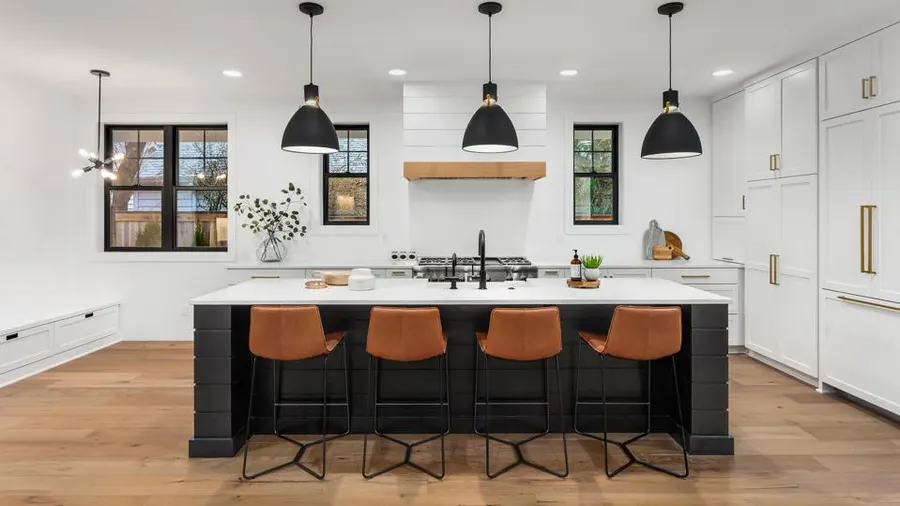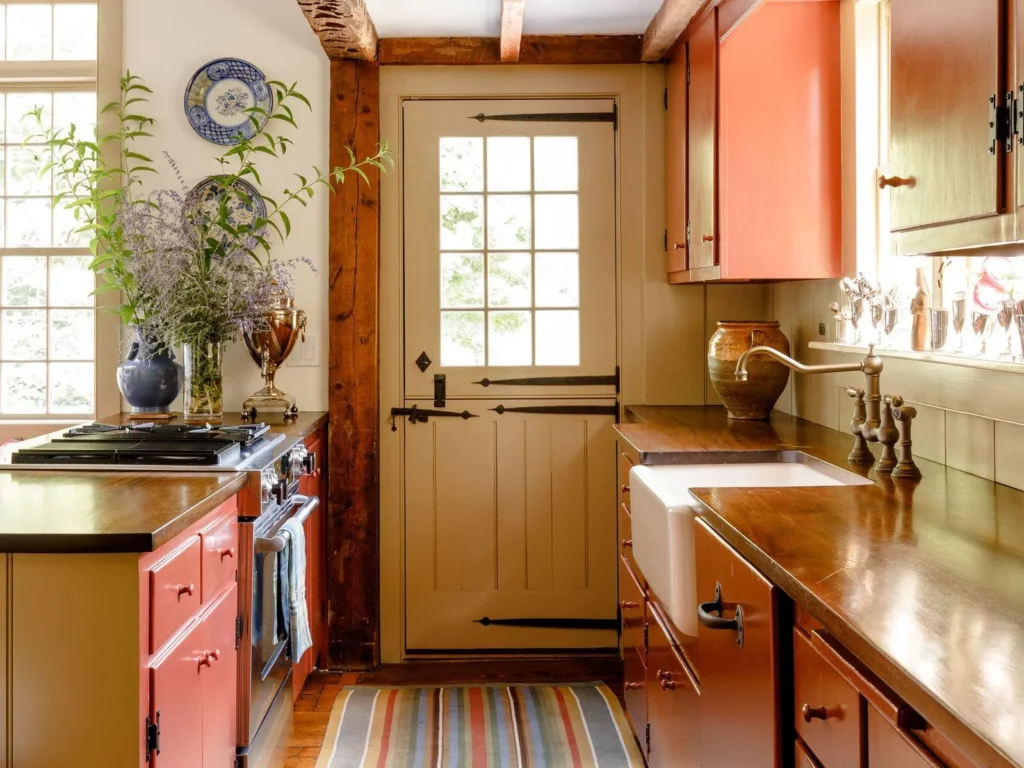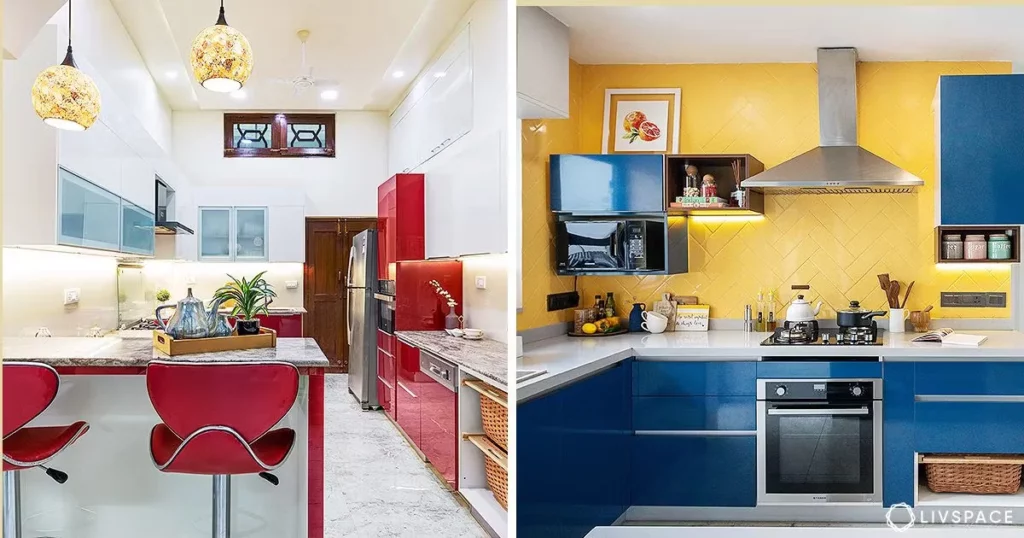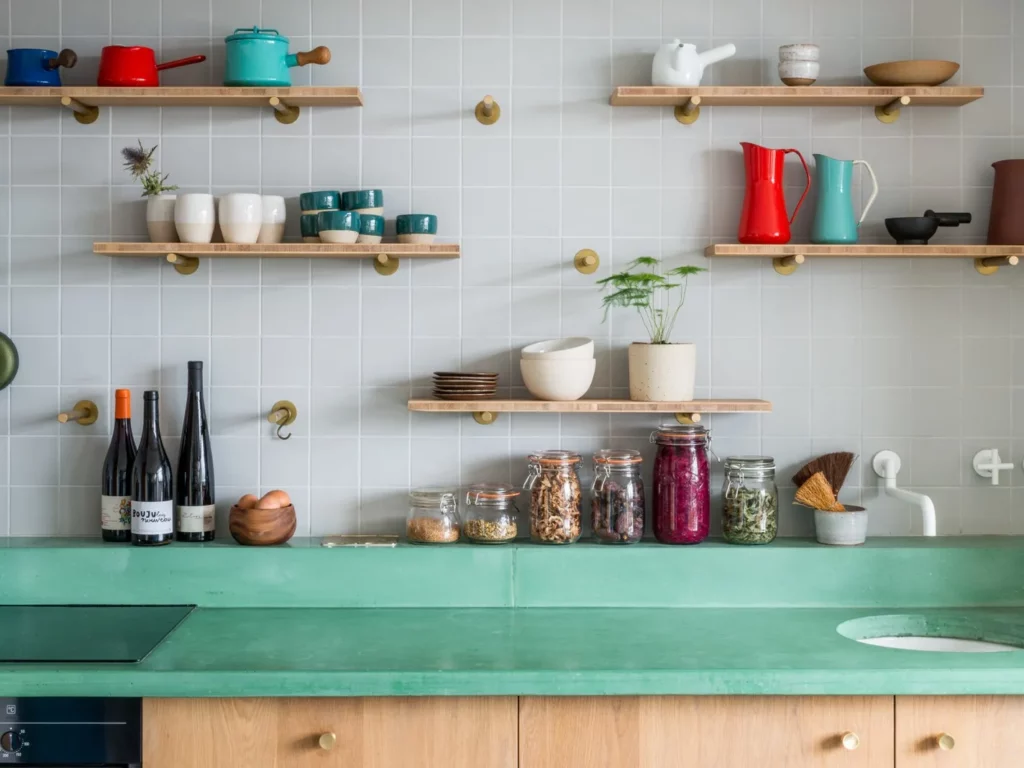Jump to:
A kitchen remodel is a huge investment that requires careful planning. It is important to weigh the costs against your personal goals for the project and consult with professionals for guidance.
Small changes to your kitchen can be relatively inexpensive, but dramatic layout changes will add up quickly. To avoid budget overruns, consider these five cost-saving tips for your remodel: 1. Start with a plan.
Know What You Want

The more precise you are about your kitchen remodeling goals, the better a budget you can create. It is also important to be firm about hard costs like labor but remain open-minded about material costs that can change if you find cheaper alternatives.
Surprises will inevitably arise during a remodel. For example, you may discover that your drywall is rotten or the electrical wiring needs to be replaced. This is why leaving some wiggle room in your budget is important.
If you intend to sell your property soon, staying with solutions to optimize its worth is important. However, if you want to stay in your house for a long time, making choices that make you happy and perform well is vital.
Know What You Can Afford

If you are still determining your budget for your kitchen remodel, schedule an appointment with a professional designer. Even a brief consultation can save you a lot of money.
Knowing and sticking to your budget is also essential. This can be difficult when you see a wonderful kitchen feature in a magazine that you must have, but getting carried away with your remodeling job will only add to your stress levels.
Set aside about 20% of your total cost for unplanned expenses. Things like changing work orders, miscalculations or running water and electricity lines to a new area can all add up quickly.
Create a Budget

You can devise a strategy after knowing how much money you must spend. This is a great time to browse for flooring and light fixtures at specialty stores, discount stores, and local secondhand shops.
A kitchen remodel is a large project that requires money and planning to complete correctly. To help keep costs down, consider hiring a general contractor overseeing the subcontractors and project management.
If you’re considering a major remodel, hiring an architect or a kitchen designer may be worth it to create a plan that meets your needs while staying within your budget. They can also point out the pros and cons of each option to help you make smart decisions about what features will be included in your new kitchen.
Make a List of Priorities

Kitchen can be exciting and fun, but they can also be expensive. Having a budget and knowing your priorities will help keep costs under control. Make a list of your kitchen’s line items with a column for ‘must have’ and a column for ‘wish list.’ This will be useful for your kitchen designer when making economic judgments about project additions and exclusions.
Anything that involves tearing down walls or changing plumbing will drive up the cost of your remodel. You can still get the value you want from your remodel by prioritizing enlarging your space and then adjusting the other preferences accordingly.
Make an appointment with a kitchen design specialist to help you create your dream area while considering expenses.
Don’t Overspend
Avoiding overspending is one of the homeowners’ biggest concerns during a kitchen remodel. Many people need to pay more attention to their budget, which can cause financial stress and make the project more difficult.
To avoid overspending, it’s important to stick with your plan and keep contractors or salespeople from talking you into adding features you may not need. It’s also a good idea to save 20% of your budget for unexpected expenses that may arise during the project.
Changing your mind mid-project is a surefire way to go over budget. Last-minute changes require more hours for the crew, can disrupt schedules and increase material costs. It’s best to choose a layout and design early and stay true to your plans. To keep your kitchen remodeling budget on track, be ready for unexpected expenses and opt for budget-friendly alternatives when possible.

